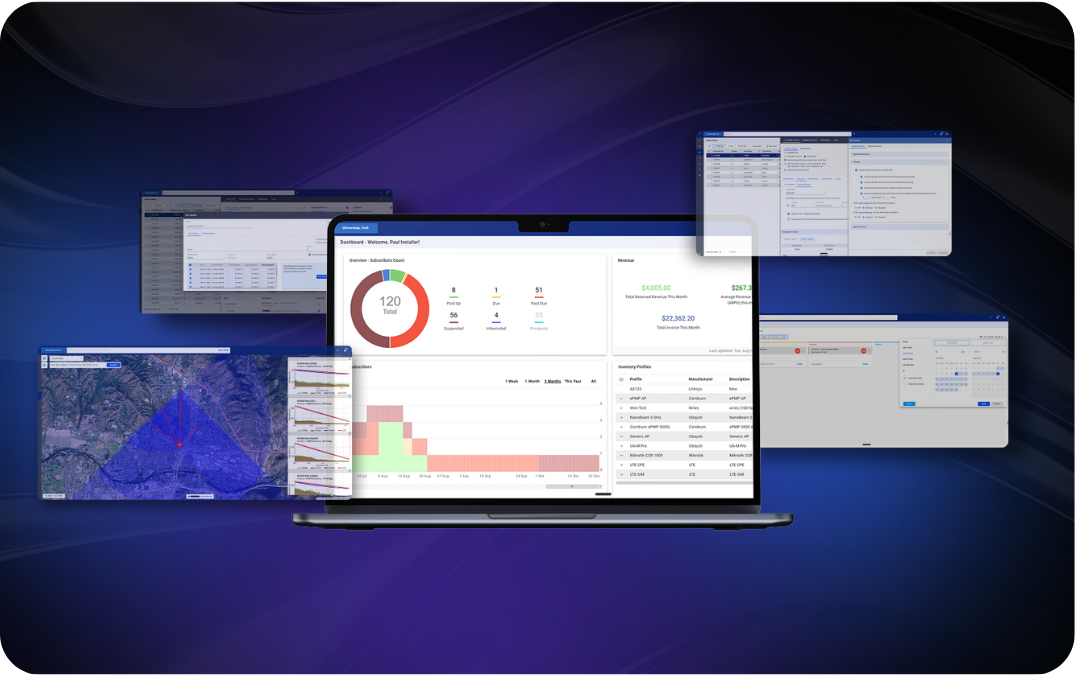It’s one thing to know that waste reduction is important, it’s another thing to find and eliminate it. With so many moving parts to your WISP operation, where’s the best place to start? And, is it worth it?
The short answer is, “Yes!” Even if you’re an efficient two- or three-person shop, there’s waste that can be cut. Start by slashing a few minutes from a daily process – like updating the radio inventory on your truck or from the process you use to order hardware or build towers– and, that’s a few minutes you can spend doing something else.
If you don’t, your team will be buried in bloated processes that add steps, inventory – even unnecessary staff – that costs you money and adds stress. Instead, a Lean operation creates efficiency, reduces costs and establishes a smooth culture so you and your staff can enjoy building a successful business together.
Steps You Can Take Today to Reduce Waste and Costs
Step 1: Identify a business process and map out its steps.
Step 2: Identify staff who are knowledgeable about the process or impacted by it and ask these questions and document the answers:
- “What would the perfect process look like?”
- “What’s the perfect end results from this process?”
- “What’s the perfect end result for our subscribers?”
Step 3: Identify each step of the new process, how it eliminates waste and the changes that must be made to have the process implemented. Be specific. As this progresses, continue to ask how the process can be improved.
Step 4: Validate the results by asking a few select clients their impressions of the new process and measure the improvements in:
- Time saved
- Money saved
- Staff satisfaction
- Subscriber satisfaction
Step 5: Document the process and create simple one-sheet instructions to aid in training and serve as job checklists.
Step 6: To ensure that you experience continuous improvement, form impact teams in your company for key areas, such as installs, billing, customer service, etc. Then, devote an hour a week to meet and identify improvement opportunities.
Step 7: Your impact teams should commit to making one change per week.
At the end of one year, each team will have made and documented 52 incremental, continuous waste-cutting events for each key area of your company. Now, that’s Lean!
Throughout July, we’ll feature more ways for WISPs to benefit from the principles of Lean. Keep an eye out for more information.











